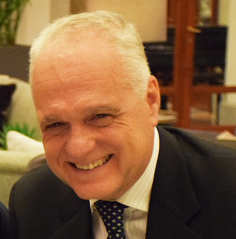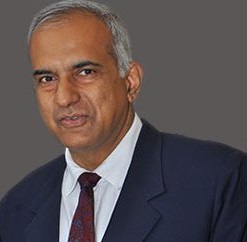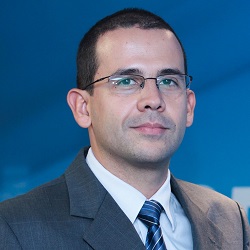How to Drive Innovation with regard to Sustainability
Innovation is the key to unlocking economic, environmental and social sustainability for firms of all sizes. Research by the Network for Business Sustainability (nbs.net) on Innovating for Sustainability describes how innovation can show up across all of a company’s operations, including design, packaging and promoting products, hiring and training employees, and even evolving the business model. Innovation can be free and simple or expensive and complex. Webinar participants will learn (1) the three stages of innovation for SMEs, based on rigorous, international research, and (2) proven practices for innovating at each stage – including strategies such as back casting. We will also demonstrate how to find and access free resources for SMEs like How to Drive Innovation: A 4-Part Guide for Small Business Leaders through NBS.net.

Relator: Ms. Pamela Laughland
Managing Director, Network for Business Sustainability, CanadaPamela Laughland is Managing Director for the Network for Business Sustainability. NBS is a Canadian non-profit, which connects researchers and managers through knowledge to change business practice. NBS has also begun expanding internationally, with its first global affiliate, NBS: South Africa, launched in 2013. Since its inception in 2006, NBS has grown into a thriving network of more than 3,800 researchers and managers and has attracted more than $4 million in public and private funding. The Network produces free, authoritative resources in collaboration with world-class researchers on priority topics including innovating for sustainability, embedding sustainability into organizational culture, and building sustainable supply chains. Pamela oversees the operational direction of NBS and its activities. Since taking this role she has championed several significant initiatives including the Global Sustainability Centres Community, a program that convenes more than 50 sustainability research centres from business schools around the world to collaborate for greater individual and collective impact. Participating schools range from Harvard and MIT to Auckland and Stellenbosch. Prior to joining NBS, Pamela held research positions at the Richard Ivey School of Business, Statistics Canada, and the University of Guelph. Her work has appeared in the Globe and Mail, the Ivey Business Journal and the International Journal of Biotechnology. She holds an MSc in Resource Economics from the University of Guelph.











